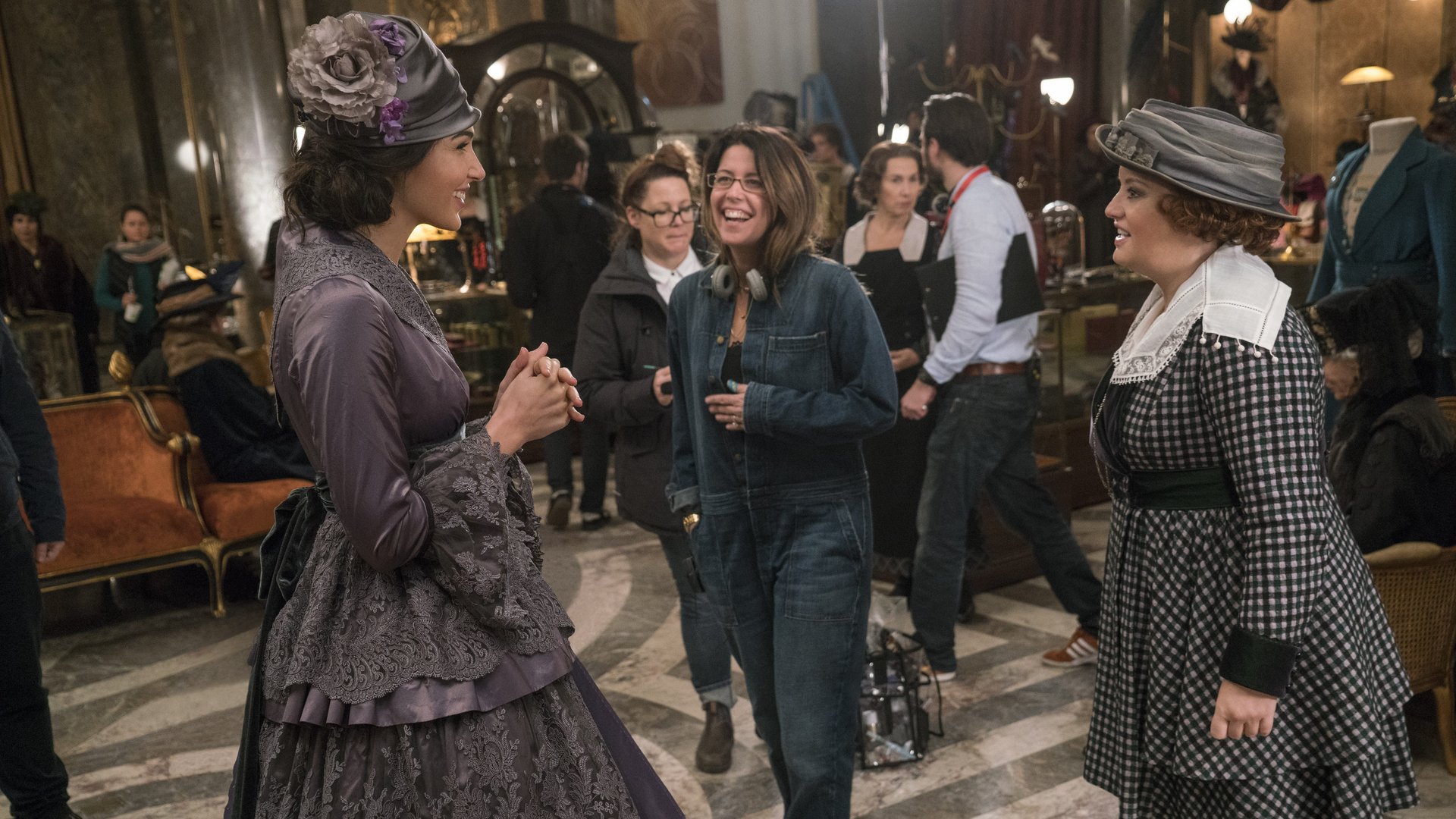“Wonder Woman” is the funniest movie of the year
Wonder Woman is an indisputable commercial and critical success. It dominated the box office this weekend, beating projections on its way to a massive $100 million opening in the US—the most ever for a film directed by a woman. And its 93% score on Rotten Tomatoes is one of the highest ever for a superhero film.


Wonder Woman is an indisputable commercial and critical success. It dominated the box office this weekend, beating projections on its way to a massive $100 million opening in the US—the most ever for a film directed by a woman. And its 93% score on Rotten Tomatoes is one of the highest ever for a superhero film.
The reasons it’s delighted audiences and critics alike are several: Patty Jenkins’ superb direction, Gal Gadot’s charmingly earnest performance, and the thrilling action sequences. (Hopefully, the film will end whatever’s left of the ridiculous notion that a film by a woman, about a woman, is a risky proposition.)
But a vital part of Wonder Woman‘s success—perhaps the most important—is its humor. The movie is genuinely funny, and not just in the same rote way that superhero movies often are. In fact, I haven’t seen a funnier film of any kind yet this year.
Sure, that’s partly because the first half of 2017 has been a comedically barren wasteland. Get Out has been performing double duty as both the funniest and the best movie of the year, but Wonder Woman has now supplanted it as the former, and is even threatening it as the latter too.
The film’s humor works so well because Wonder Woman herself, Gal Gadot, is a funny person, and gives a performance that is at once commanding and droll. Gadot plays the sequence in which Diana, a Godlike Amazonian princess, is thrust into bustling 20th century London with the perfect balance of resolve and childlike innocence. For all her might, she has no idea how to use a revolving door. She marvels at the mere sight of a baby. She insists on carrying her giant sword everywhere, because she knows of no other way to live.
Chris Pine is also excellent as the bewildered Steve Trevor, an Allied spy who thinks he’s protecting Diana from unseen dangers (of course, it’s really the other way around). Pine plays these scenes like an exasperated camp counselor. Later, he dons an awful German accent in order to sneak into a military gala.
Even the film’s villains are hilariously cartoonish in the best way possible. Erich Ludendorff, a German army general played by Danny Huston, routinely snorts a mysterious powder which momentarily grants him super strength—an unsubtle and self-aware stand-in for cocaine. In one scene, he and Doctor Poison, a mad scientist under his employ, laugh maniacally after murdering a room full of people with a terrifying new form of mustard gas. It’s done playfully in only the way a comic book movie can play around with acts of unspeakable violence. Though a serious movie, Wonder Woman doesn’t take itself more seriously than it should.
The most magnificently tongue-in-cheek moment of all comes in the middle of the film’s action-packed climax. The main villain is revealed to be a mustachioed David Thewlis, playing Ares, the God of War, disguised as a slightly buffoonish British politician. An epic flashback sequence shows Thewlis as Ares, made to look considerably younger through the magic of filmmaking—but he’s still sporting that dashing mustache. One could argue that was unintentionally funny, but given that the rest of the movie is so self-aware, I choose to give it the benefit of the doubt.
And this is all without even mentioning Trevor’s secretary Etta Candy (played by The Office alum Lucy Davis), who made my theater companion nearly choke with laughter from a mere facial expression. Davis is brilliant in her minor part, injecting the film with a gentle amusement that’s been sorely missing from DC’s cinematic universe until now.
Most important, though, is that Wonder Woman isn’t inundated with jokes like some superhero films are. It allows each comic moment to breathe. It’s not just going through the motions; there’s no joke quota to be met. It’s funny only when it’s supposed to be.
The filmmakers of Justice League, the next film in the DC lineup, have promised a similar tone. But Wonder Woman has set the humor bar high, and it’s unlikely we’ll see it matched anytime soon.